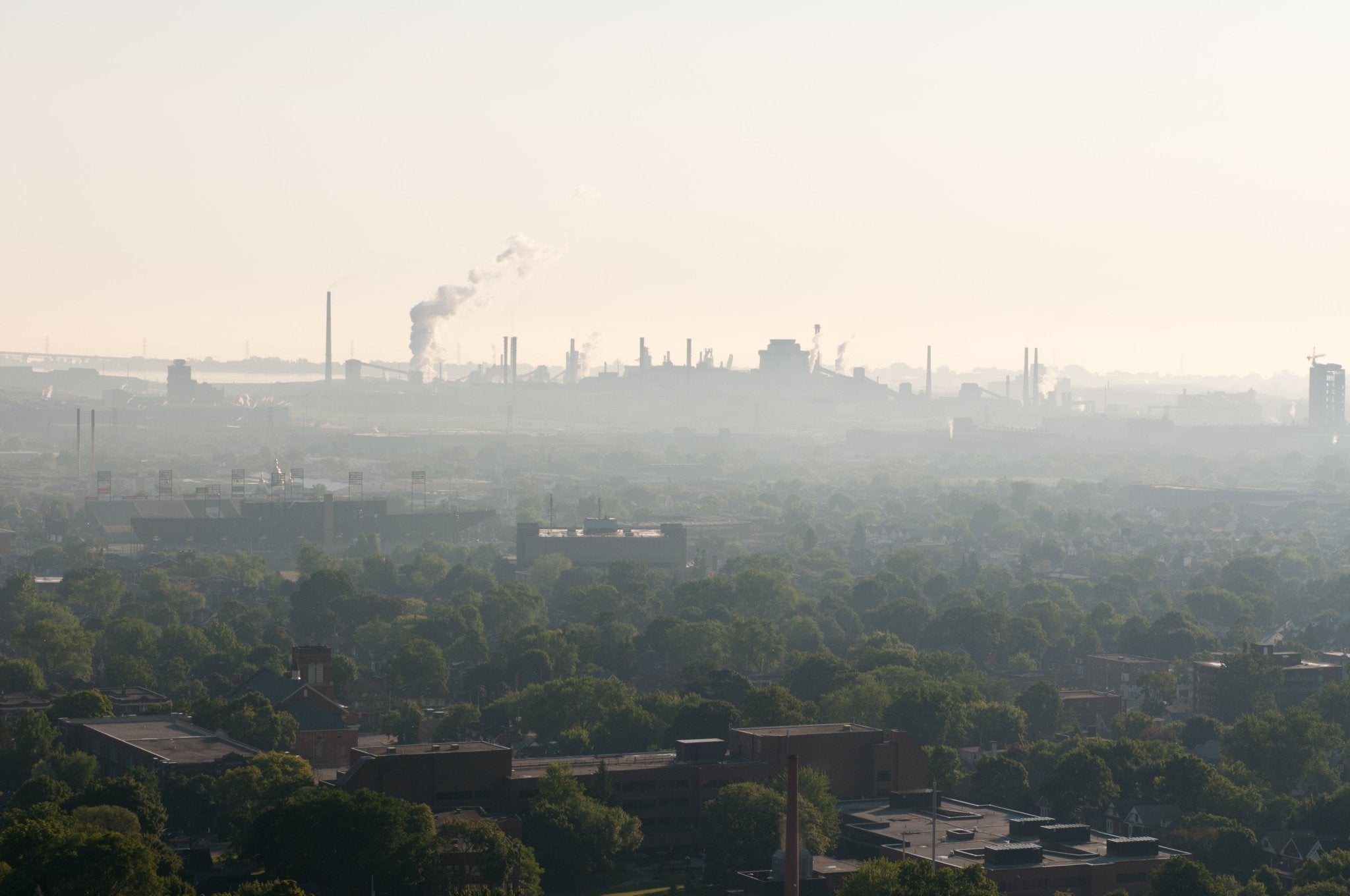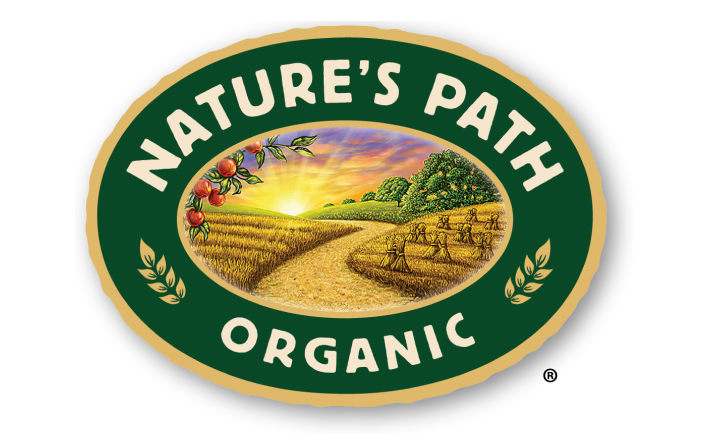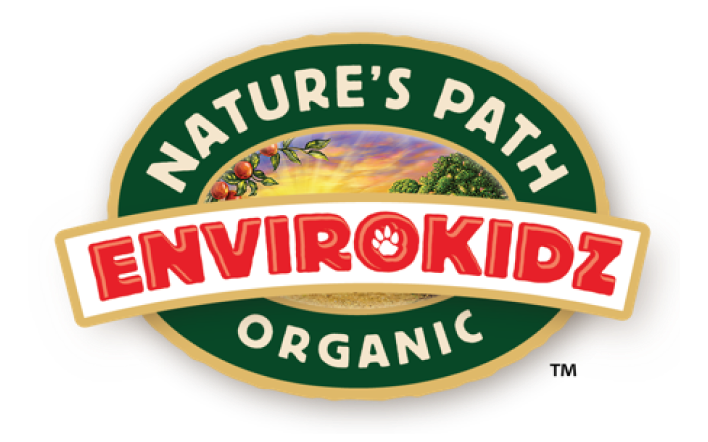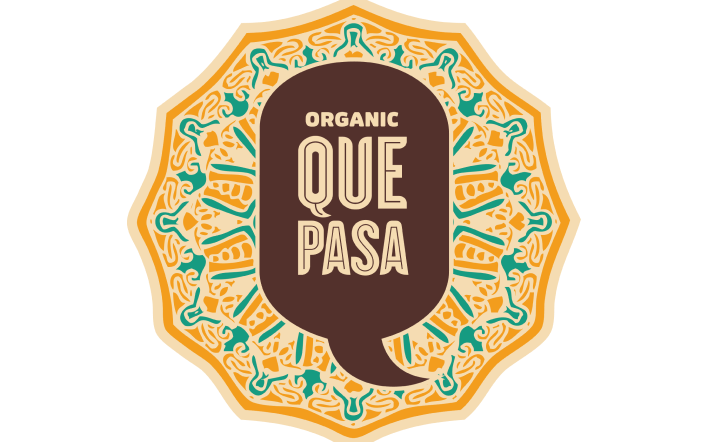
What Scientists Who Study Climate Change Think You Should Do About It
Tags:
When it comes to climate change, scientists have been the canaries in the coal mine: expressing dire warnings about global warming trends and their consequences for decades. As this collection of letters from climate scientists illustrates, they also struggle with the apathy and misinformation that circulates around the topic. But these letters also shine a beacon of hope. Scientists who study climate change still believe we can turn this around. Here’s what they think each of us can do to start making a difference.
Do Something Now
There is no time to waste. The latest studies show we are already feeling the effects of climate change, and say they will only get worse. One estimate says we have 25 years to dramatically lower emissions before experiencing more catastrophic outcomes.Demand Action
Tell all of your representatives that you want fast and meaningful action to slow emissions. Focus especially on your state and local politicians. In most countries, the national government is slow to take action and beholden to conflicting interest groups. A recent climate summit hosted by California Governor Jerry Brown gathered global mayors, governors, and business people to sidestep their national leaders and strategize about climate change on more localized terms.Think Small
Global warming is a big problem. To fix it we need to think small. No one has the power to change the whole world, yet each of us has the power to create change in a small part of it. Examine your home, your work, the choices you make. Reducing your own fossil fuel use and greenhouse gas emissions is one of the more impactful contributions you can make. The Union of Concerned Scientists puts personal energy savings alongside activism as the most important thing individuals can do to fight climate change.Food Choices
Scientists stress that what we eat can be a climate-reversing choice. Reducing or eliminating meat and dairy consumption helps to lessen deforestation and greenhouse gas emissions. Choosing organic foods not only reduces our dependence on fossil fuels, but it also helps with carbon sequestration. Refrigerants are one of the most damaging greenhouse gases. Buying food grown or produced near your home reduces the need for refrigerated transport and storage, lowering your food’s greenhouse gas footprint.Curb Your Energy Use
Reducing home energy use is essential. Try to eliminate natural gas as an energy source, replacing it with renewable electric. Limit your use of refrigerants - turn off that second fridge in the garage when it’s empty, use fans instead of air conditioning unless it’s dangerously hot, keep your fridge at the warmest temperature possible (around 38-40 F / 3-4 C). Invest in renewable energy by selecting renewable sources from your utility company or installing solar panels.Drive Less
It’s true - gas-fueled cars and airplanes are major sources of consumer–generated carbon dioxide emissions. But it’s still one of the hardest changes for many people to adopt. While a proactive state like California is beginning to see overall emissions go down, vehicle emissions are on the rise. Take a bus or a train instead of a plane. Bike, walk, or bus instead of driving. If it’s possible for you, choose an electric car.Talk About It
The good news and the bad news is this: the solutions to climate change are as diverse and unique as each of us. No one person, government, organization, or activist can fix the problem alone. Spreading the message – and the urgency – of climate change isn’t as easy as it seems. Skeptics need to hear about it from the people and the sources they willingly engage with. Newspapers, radio talk shows, and blogs only reach those who already go to them. One group of climate change scientists taught themselves Fortnite, with the goal of using chit-chat during play to bring up climate topics. The point is this: be creative, look for common ground rather than statistics, and focus on personal consequences and actions.Would you like to be the first to hear about our new products and more? Sign up for our Nature’s Path Newsletter.






